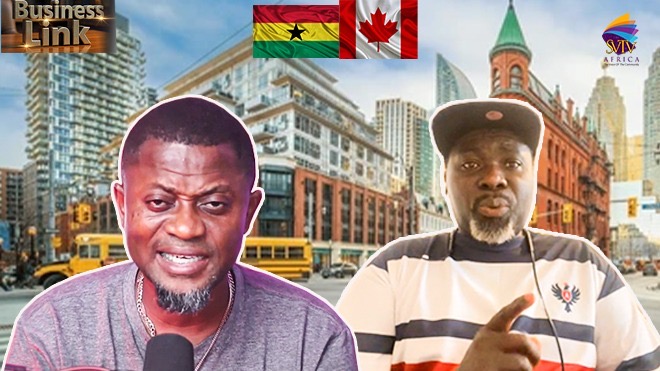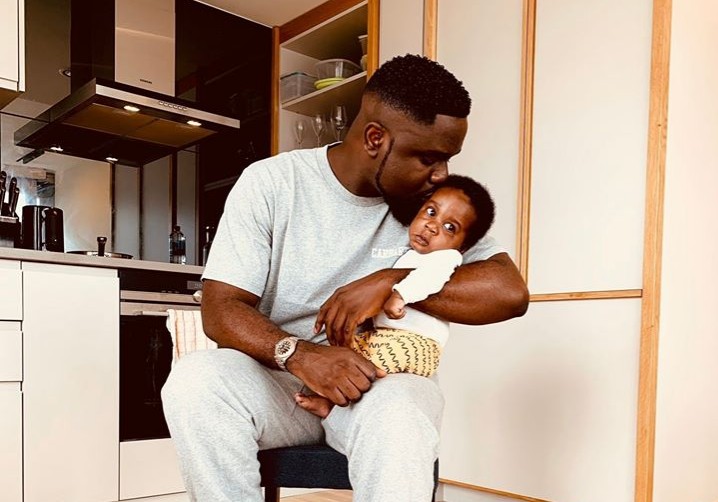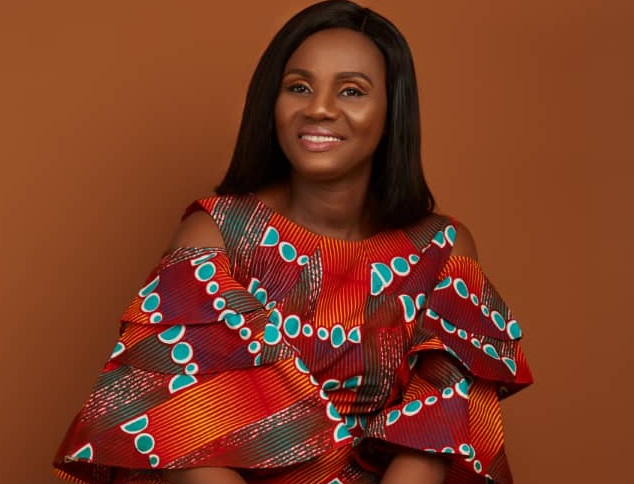Ghanaians Must Rethink Their Mindset”: Canadian-Based Poultry Farmer Festus Osei Amanfi Shares Powerful Lessons on Business, Resilience & Self-Reliance
Ghanaian poultry farmer and entrepreneur, Festus Osei Amanfi—popularly known as Akokɔ Amanfi—is currently based in Canada but remains deeply connected to Ghana. In a candid interview with Dj Nyaami on Svtv Africas Daily Hustle Worldwide show, he opened up about his journey through farming, fatherhood, and entrepreneurship, while offering some unfiltered advice to Ghanaians at home and abroad.
During a recent trip to Ghana with his eldest daughter, Festus recounted the challenges they faced.
“I gave her the choice to attend boarding school in Madina, even though we lived in Achimota. It cost about GH₵200 a day just for transportation,” he said.
The main issue? She wasn’t allowed to use her phone.
“She told me, ‘I can’t live without my phone.’
And honestly, in this digital age, restricting a teenager from tech makes no sense. Mark Zuckerberg was only 19 when he launched Facebook,” he added, emphasizing the importance of innovation and digital freedom for young people.
Turning to his core business—poultry—Festus described how the COVID-19 pandemic impacted his operations.
“Poultry isn’t just farming; it’s a real business. Back in 2019, a bag of feed cost GH₵90. Now, it’s GH₵300. The cost of feed is what’s collapsing the industry.”
He currently manages 10,000 birds, with plans to expand to 100,000. “To see real profit in poultry, you need volume,” he explained. “Take Unity Farms for example. They started with 5,000 birds, and now they have over 300,000. That’s the level of ambition we need.”
Festus highlighted another challenge in the supply chain: “Egg distributors often make more than the farmers. We produce about 8,500 crates monthly, but the middlemen take the lion’s share of the profit. The system needs a reset.”
He also offered sharp criticism of Ghana’s education and social mindset.
“Our schools train us to be employees, not entrepreneurs. That’s why people gather GH₵100,000 just to pay agents to travel abroad—money that could be used to start a solid business.”
Speaking on life in Canada, he made it clear that the grass isn’t always greener.
“Success abroad usually takes a decade. So why sell your land in Ghana to go and start from scratch? Canada has its own problems—rising housing costs, and job scarcity if you’re unskilled.”
He emphasized that Ghanaians are not lazy physically—but mentally.
“We celebrate death with expensive funerals and billboards, but rarely do we celebrate entrepreneurs or success stories. Our thinking must evolve.”
Festus didn’t hold back on criticizing religious institutions either.
“Churches hold a lot of power, but they don’t use it to empower people practically. Many pastors avoid telling the hard truths because ignorance keeps their businesses running.”
For young people chasing dreams abroad, he had a word of caution:
“Don’t go unless you’re skilled. Study cybersecurity, AI, or any in-demand skill. Don’t assume that GH₵20,000 in Canada will make you rich—it won’t.”
Apart from poultry, Festus has ventured into cosmetics in Ghana.
“I invested GH₵50,000 into the business. A TikTok influencer with barely any capital started using our products, and her sales skyrocketed—GH₵15,000 daily. We also bought a delivery motorbike for GH₵11,500, and it now earns GH₵1,200 weekly.”
His message to aspiring entrepreneurs is simple but powerful: “Forget waiting to have everything before you start. Use what you have. You go to war with the army you have—not the one you wish for.”
He wrapped up with a strong reminder:
“Poverty is a mindset and a condition. If you’re born poor, that’s not your fault—but if you die poor, that’s your choice. Stop taking advice from people who haven’t invested in your life. Block out the noise, stay focused, and know that you only need one big success to change your story.”
Festus concluded with a call for unity:
“In Ghana, people hide their ideas for fear of sabotage. Abroad, people collaborate and build together. That’s what we need here—shared growth and a new mindset.”
Watch The Video Below:















